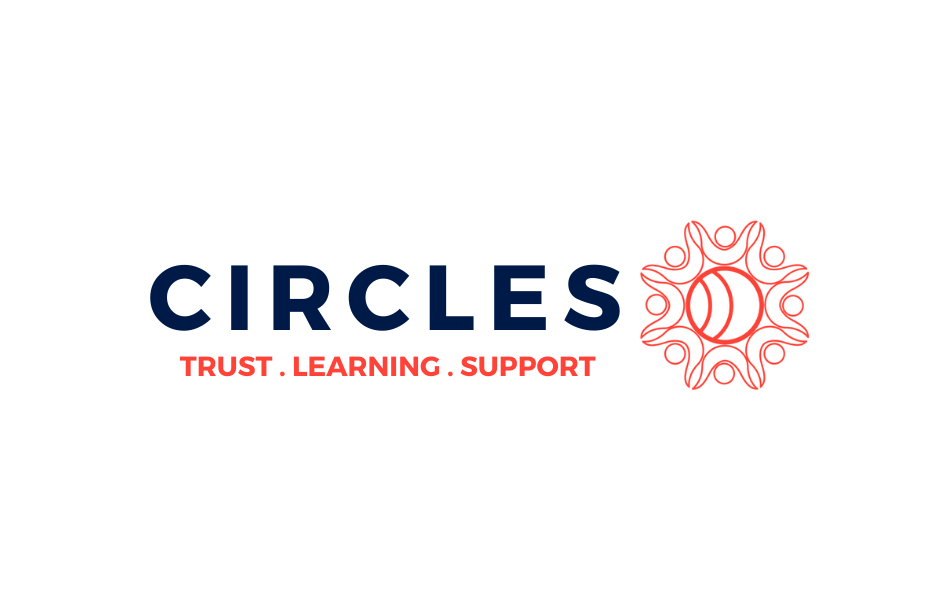Speaking out about January 6
Nat Kendall-Taylor
CEO
FrameWorks Institute
@natkendallt
Julie Sweetland
Vice President
FrameWorks Institute
@jsw33ts
April Callen
Senior Strategist
FrameWorks Institute
@callen_april
Guest Blog: this originally appeared on Frameworks Institute.
We are deeply troubled by yesterday’s events at the United States Capitol. We affirm our commitment to nonviolent, democratic approaches to advancing social justice, and condemn any attempts to overturn or delegitimize the results of a free and fair election.
The attack on the Capitol is an extension of events and trends that have been unfolding for years, but the severity of the moment calls for all of us to speak up. What we say now and how we say it can shape what happens next. People who participated in yesterday’s violence put resentment, entitlement, and intimidation on display. In response, we need to communicate and demonstrate our highest values.
We offer our support to those who are communicating about yesterday’s events—and some considerations in framing these responses.
Make this a moment about mission. What are the implications of these events for the causes you champion? Why does a peaceful transition of power matter for children and youth, for families, for climate action, for immigration, for racial justice and equity, for justice reform? How does political violence and extremist rhetoric undermine our shared progress as a society? Focus on aspects of the events that connect to your issue and make the connections clear and apparent.
Make all your words count. Choose terms with care—thinking through their meaning and the effects that they will have. ‘Protestors’ suggests action that is essential to the health of democracy. The breach of the Capitol was not protest; we should not refer to it as such. ‘Trump supporters’ includes too broad a group. Use terms that make it clear that these actions are well outside the boundaries of civic participation: talk about riots, mob violence, extremists, white nationalists.
Make a clear, well-explained point. These events are complex and there are a dizzying array of problems they illustrate and solutions they demand. But be judicious. Decide on a specific point to make and elaborate on it, rather than attempting to cover all of the facets of yesterday’s violence. One good explanation has more impact than a long list of problems.
Make this a moment in a movement. What are your immediate objectives and your long-term goals? Will the language you use now serve only in the short term, or can it advance the narratives and ideas your work needs in the long term? A dramatic recounting of the events, for instance, could evoke emotional responses in the short term, but will age quickly. Thoughtful observations about the meaning of the day—such as the causes and consequences of political extremism, or the connections between racism and mob violence in America—advance ideas that always need to be in the public discourse.
We believe in democracy—and think of you, the mission-driven sector, as an essential part of making it work. As you work to elevate the conversation about what this moment means, let us know how we can help.


